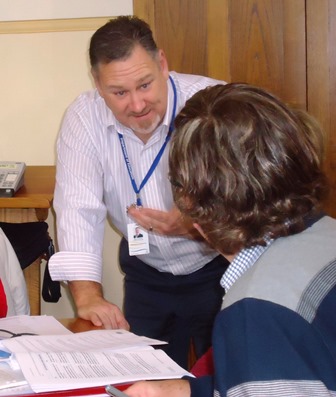In his blog post, Adopting a Digital Disruptor Mindset to Transform Education, J Robinson talks about technology adopters and digital disruptors, referring to James McQuivey’s book, Digital Disruption: Unleashing the Next Wave of Innovation. A mindset focussing on digital disruption focuses on engaging with new possibilities, rather than doing what we currently do, “better”.
I wonder if both have a place? Incremental improvement, supported and encouraged, can flourish and bloom as significant innovation over time, as it becomes established and operationalized as the norm. As I work through the ideas of problem finding-possibility thinking, (previous post) there seems an emerging connection between prevailing mindset and preparedness to engage in innovative thinking patterns.
Thanks for the post J Robinson!

